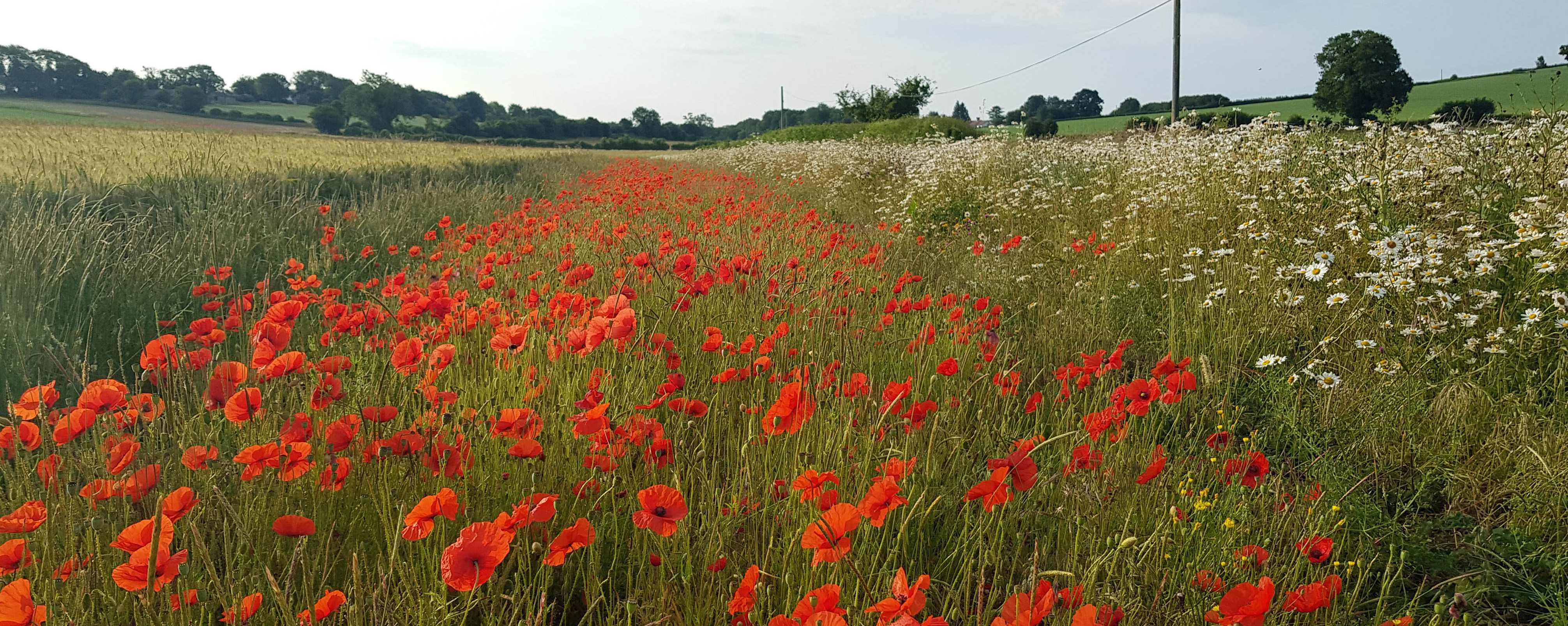
3 minute read
Women in farming
Gr een fer tiliser is the latest drive in sustainability fr om Yara
As one of the global leaders in fertiliser products and crop nutrition expertise, Yara have championed the need for greater sustainability and a carbon-neutral food chain. In recent years, numerous projects have launched in order to make that a reality. Their latest, a heavy investment in "green ammonia" production that makes use of renewable energy sources, is the latest in a long line of such initiatives.
What is green ammonia?
"Fighting climate change is crucial for all of us," says Anke Kwast, Vice-President of Yara's Climate Neutrality Roadmap. "For Yara, the ambition is to become climate-neutral by 2050 for our own production, and actively contribute to carbon neutrality for the whole food chain. This is a vital mission for agriculture, and all industry players need to see what they can contribute." Unlike "brown" ammonia, which is made using fossil fuels, green ammonia can be obtained via water electrolysis and nitrogen from the air. This process can be powered by renewable energy sources, including solar, wind, and tidal energy. Why does this matter? Because ammonia does not release any carbon emissions if used as fuel. Ammonia also accounts for an annual production volume of over 180 million tonnes, mostly for the agriculture sector. "Speaking globally, agriculture accounts for about 25% of all emissions," says Anke. "Crop production accounts for another quarter of that figure. There is no one big solution to climate change but making significant changes from different angles, including green production of ammonia, will have a tangible impact." Currently this process is more expensive. However, Anke is keen to stress that prices will balance as the wider value chain gets on board with more sustainable practices. This is also far from Yara's only initiative – they have recently been heavily involved in developing digital farming tools that improve nitrogen use efficiency and launching Action Africa, a project to supply and support 250,000 farmers across East Africa. "It's not just the right thing to do," says Eva Ross, Strategic Marketing Manager for Yara UK & Ireland. "Once we all work together – with full traceability and transparency – sustainability can be a big opportunity for those in food production. It's where a lot of business opportunities will exist in the future."
A more sustainable future
For their part, Yara has big plans for sustainability within agriculture and want to play a key role in leading the way towards a green future for all. "We want to contribute," adds Eva. "We mean it when we say that we want to remove hunger and improve food production. There is so much potential in seeking a way forward for everybody."
Kent far mers ur ged to shar e their views on envir onment schemes
The survey run by the Game & Wildlife Conservation Trust (GWCT) is looking for arable farmers to share their views on how agrienvironment schemes can benefit them and their local wildlife. It's hoped that farmers across Kent will complete the survey, with findings being presented to Natural England. The survey is quick, anonymous and gives you the chance to share your views about the type of measures you would like to see funded, your impression of the inspection process, lengths of contracts and much more. One lucky participant will also win 20 kg of the seed mixtures and everyone who takes part will receive a summary of the findings. At the GWCT, Dr Julie Ewald is leading the survey. She says: “For the sake of 20 minutes, you can get your opinion in front of those making the decisions that will shape the future of farming subsidies. We know that for any system to succeed, it needs to work for farmers, and we want to make that happen. Kent has a proud farming tradition and we'd love to hear what you have to say” The survey runs until 1 May and organisers hope the hear from 1,000 arable farmers. You can complete the survey at www.gwct.org.uk/arablesurvey.










